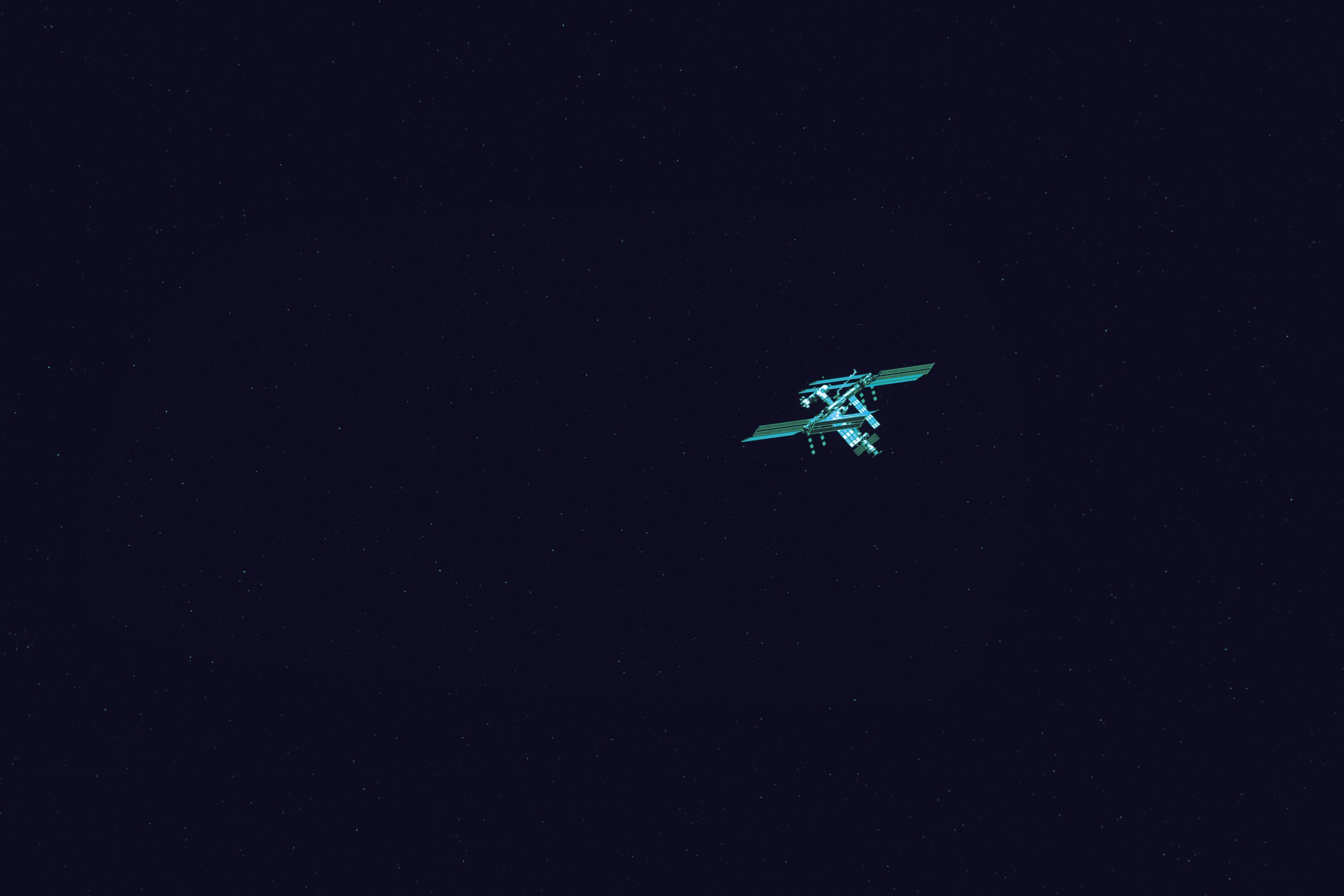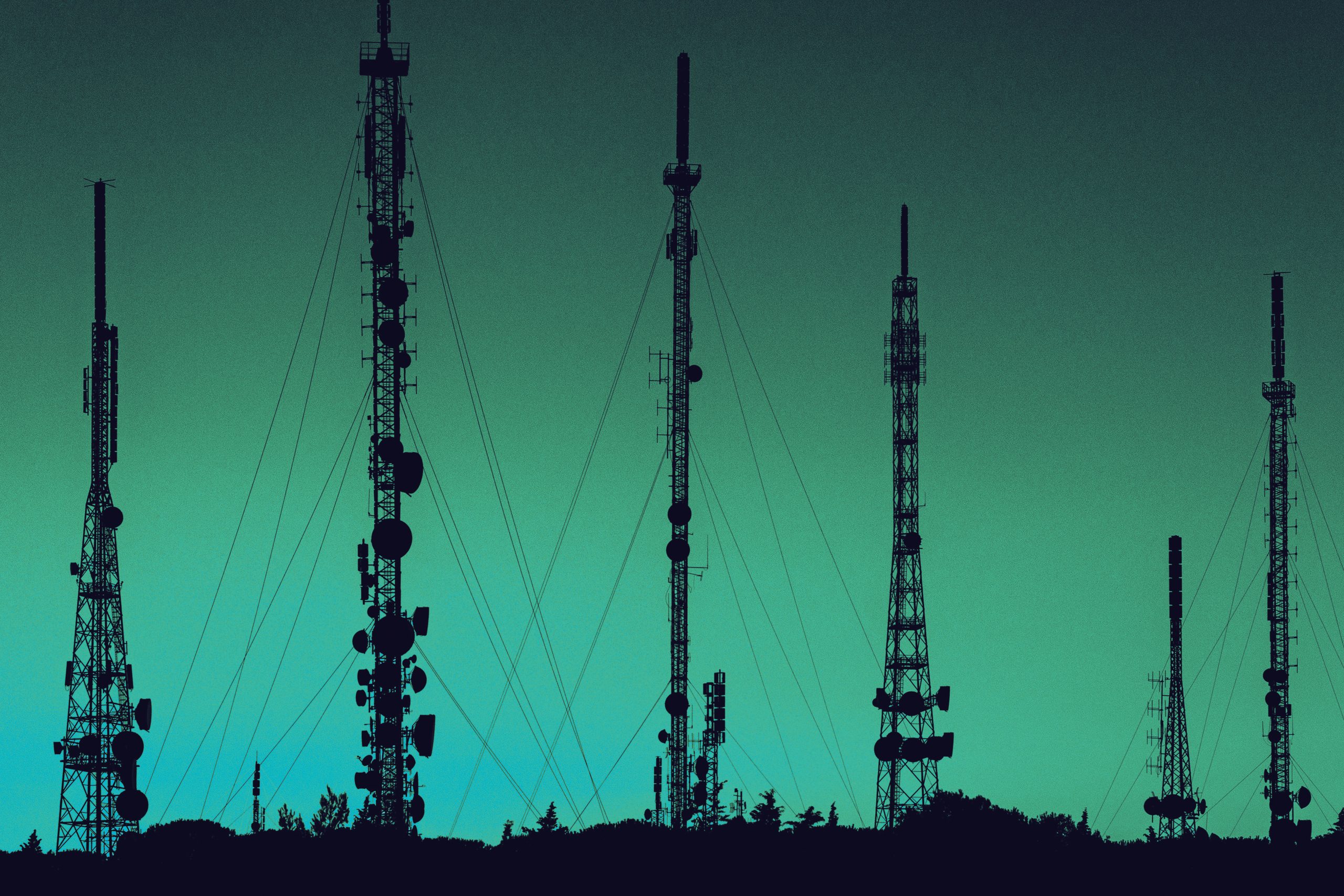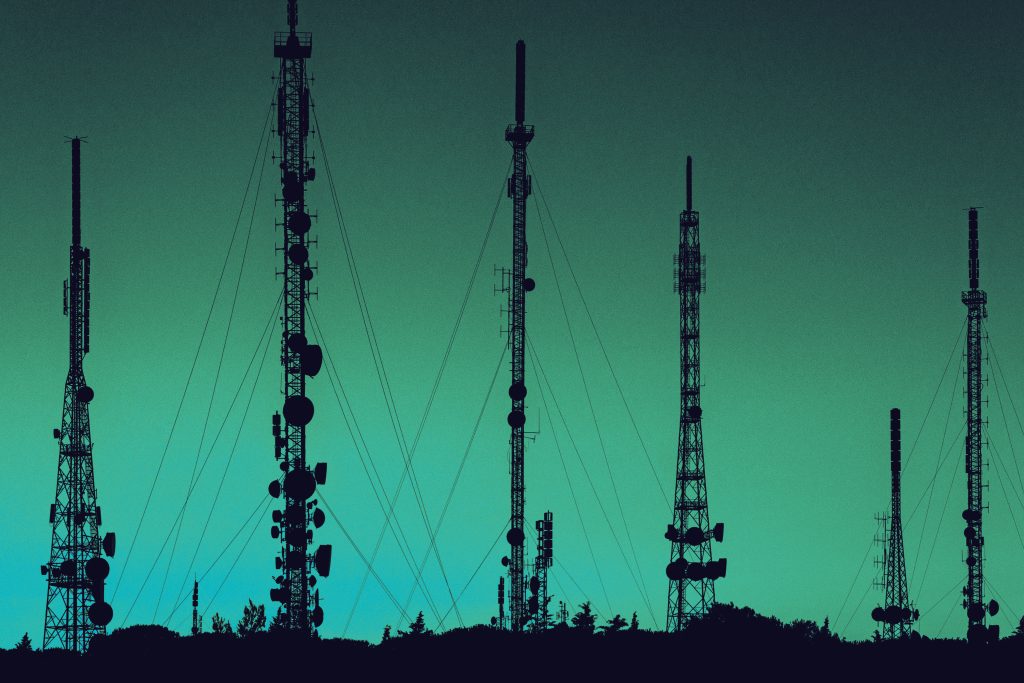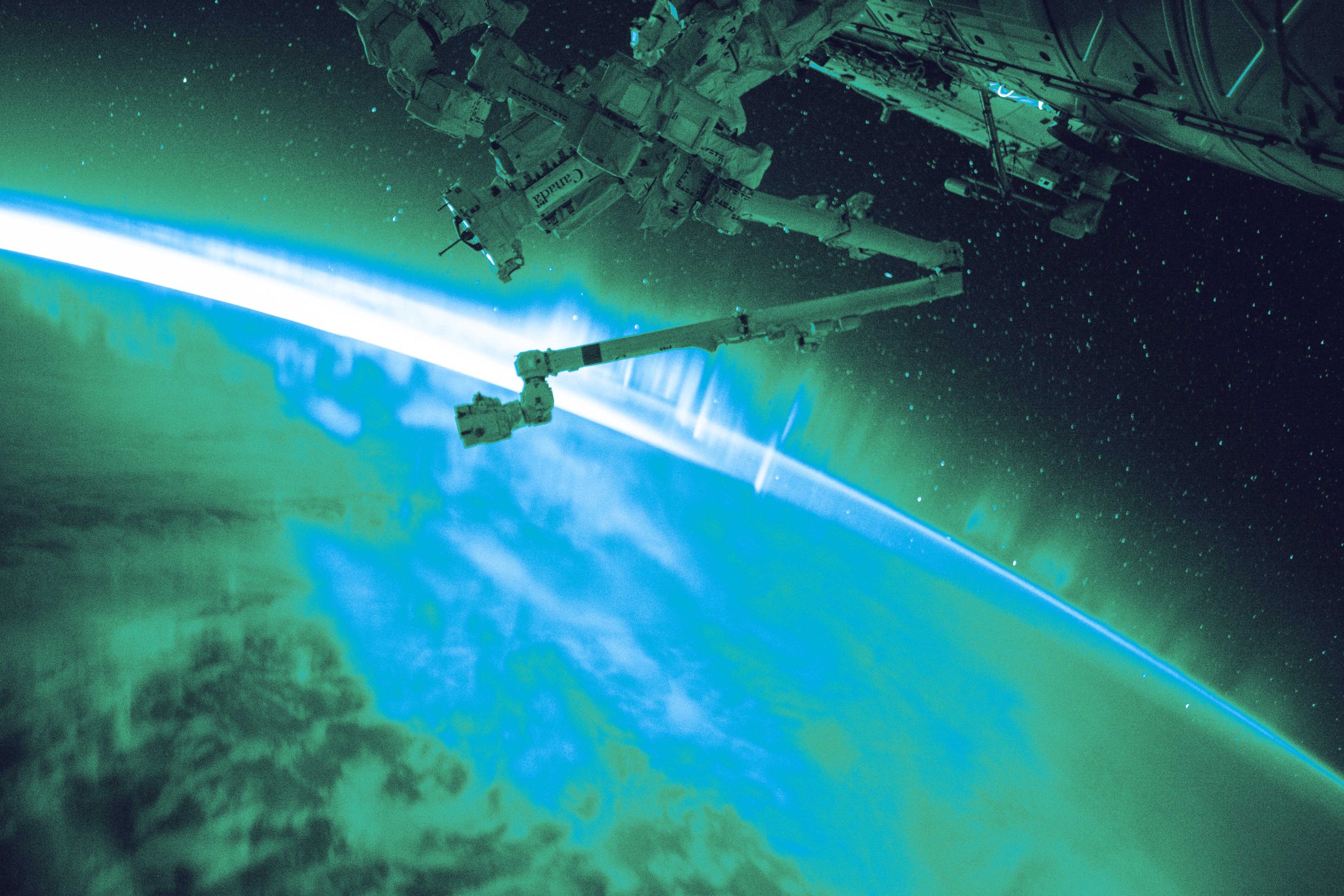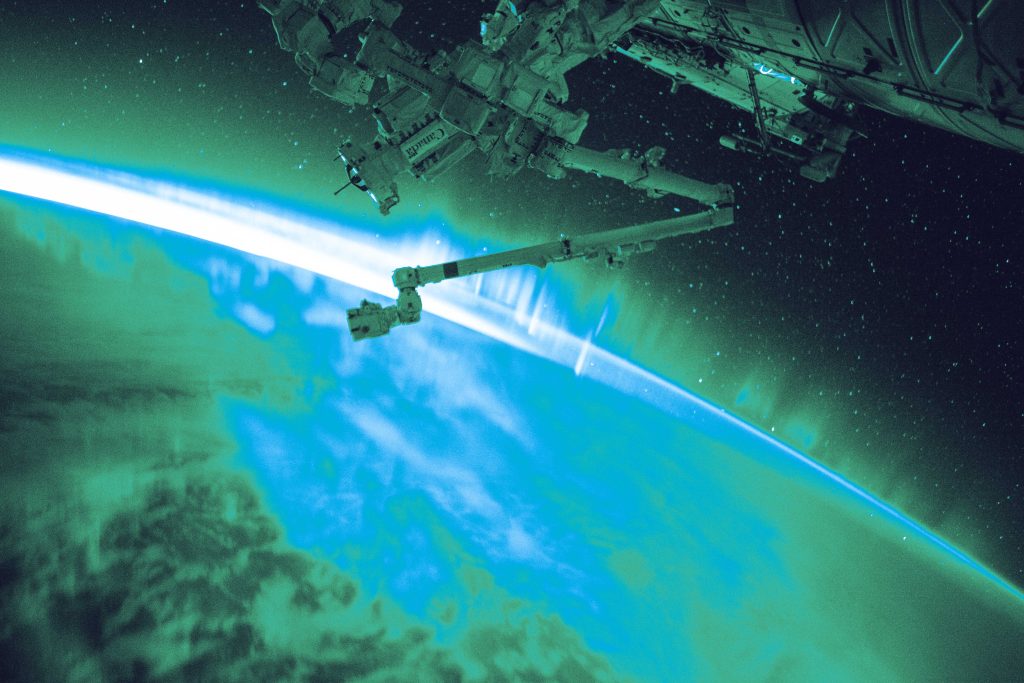With the improvement of on-satellite technology there has been a surge of interest in hosting ‘space as a service’ business models. On Episode 14 of The Satellite & NewSpace Matters Podcast we were joined by Dennis Silin, who is the CEO and Founder of Exodus Orbitals. He established Exodus Orbitals in 2019 as a ‘satellite as a service’ space startup based in Toronto. Here are Dennis’s insights into the ‘space as a service’ business model:
The primary direction of the ‘space as a service’ business models is making satellite capabilities more available by democratising access to them. End users want fast, cheap and effective satellites, with easy access to a digital service like storage or cloud computing. They also want minimal hassle with the maximum amount of use for the least amount of money. For existing satellite companies, even NewSpace ones, it doesn’t make sense to offer something that will cut into their own profits. They’re looking for ways to create those ‘as a service’ platforms while increasing their revenue, not decreasing them.
There’s a conflict between what the customer wants and what the vendor or satellite operator wants. At the same time, the whole nature of ‘as a service’ is making those services cheaper, more accessible, and costing less than the alternative. In my opinion, the incumbents are not going to solve this problem, even if they do know how to solve it. Why would they do something that will disrupt their own business model? Why would companies like Planet Inspire offer their satellites for a low cost if they make more money by just selling data from them?
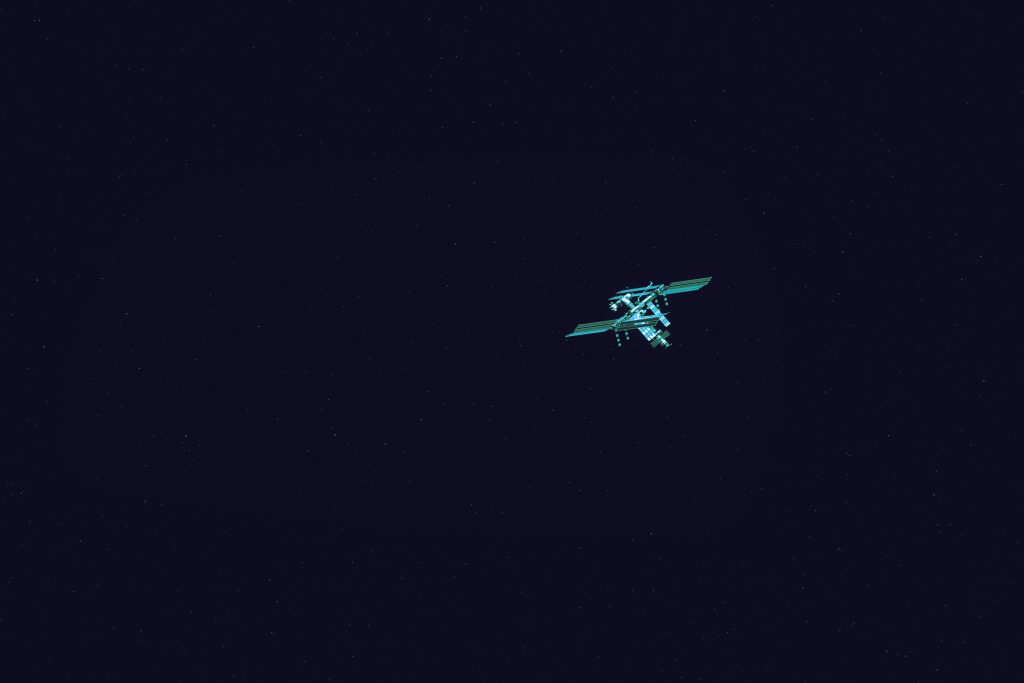
As a new company, Exodus has nothing to lose and everything to gain from this model. We’re doing something that’s not really been executed yet, giving users a fast, cheap and efficient way of accessing space, mirroring the development of the IT industry. If you remember the history from the 1960s, there were one or two big companies offering mainframes which were so expensive you couldn’t even buy them, you could only lease them from IBM. It would cost you a lot of money per month just to use the computer, but in the ‘70s and ‘80s, personal minicomputers appeared and offered what businesses needed at a lower cost. Now there is a computer in every pocket. That’s what I want to build in the satellite industry; I want every person on earth to have their own personalised virtual satellite.
It won’t happen immediately, we’re going to start with a b2b model. There is a company that has a few houses for rent and they want the satellite specifically tailored to track the state of the roofs with their own data feed. That type of customised mission is what we are trying to enable on our platform. We’re building a pipeline for these missions through software apps that you can use to deploy directly on the satellites. Earth observation satellites can be used in this manner, tailored to your specific, customised, local application. It’s not going to cost you an arm and a leg to make it affordable for small or medium businesses around the world. That’s our vision.
To learn more about the work that Dennis and Exodus Orbital are doing, tune into The Satellite & NewSpace Matters Podcast here.
We sit down regularly with some of the biggest names in our industry, we dedicate our podcast to the stories of leaders in the technologies industries that bring us closer together. Follow the link here to see some of our latest episodes and don’t forget to subscribe.
